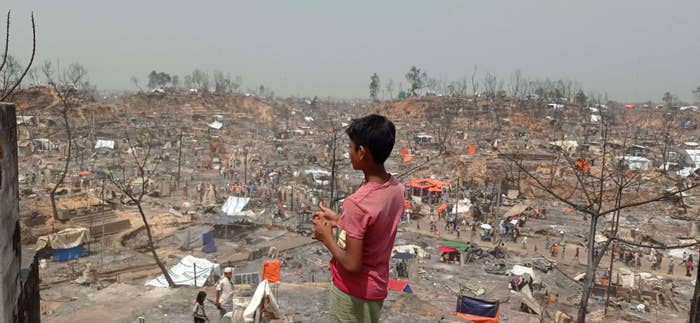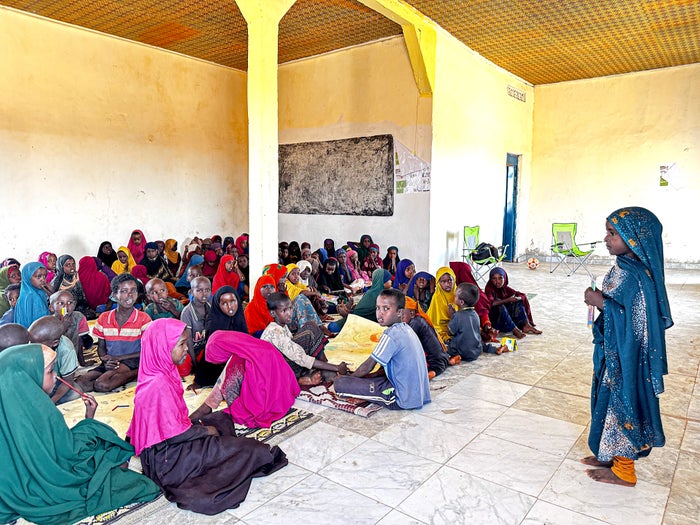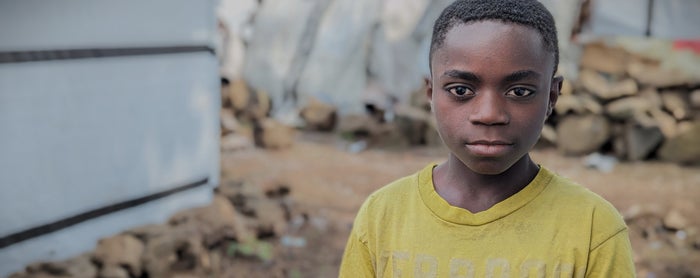Monday 22nd March, the world awoke to the shocking images of an uncontrollable fire destroying thousands of shelters in the Rohingya refugee camp in Cox’s Bazar, Bangladesh.
The images of people fleeing for their lives was heartbreaking, sadly, these families have had to flee for their lives before. Many thousands of Rohingya were forced to flee their homes in Myanmar as a result of political and cultural tensions in 2017. An estimated one million ethnic Rohingya now live in Cox's Bazar, crammed into makeshift shelters.
The UN's refugee agency currently estimates 15 lives have been lost, 560 people have been injured many with significant burns, including children and 45,000 people have been displaced as a result of the fire.
World Vision staff were already in the camps conducting our regular programs. They too had to run for their lives. Once the fire was bought under control, staff from multiple aid organisations began calculating the immediate needs of tens of thousands of families.
In emergency disaster situations, food, water, shelter and basic essentials are key. Within six hours World Vision was able to begin distribution of high-energy biscuits. Other organisations began distributing water, with basic shelters also being constructed.
For the 45,000 families now displaced they will require ongoing support to survive, recover and start to build a future, again.





